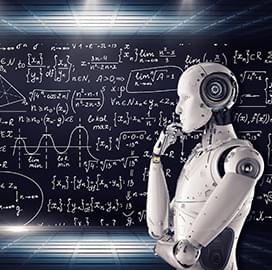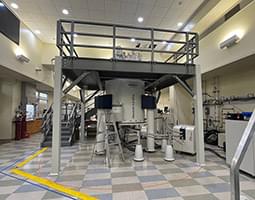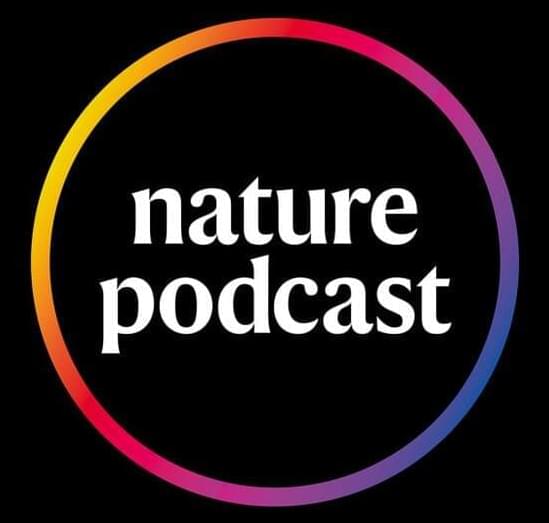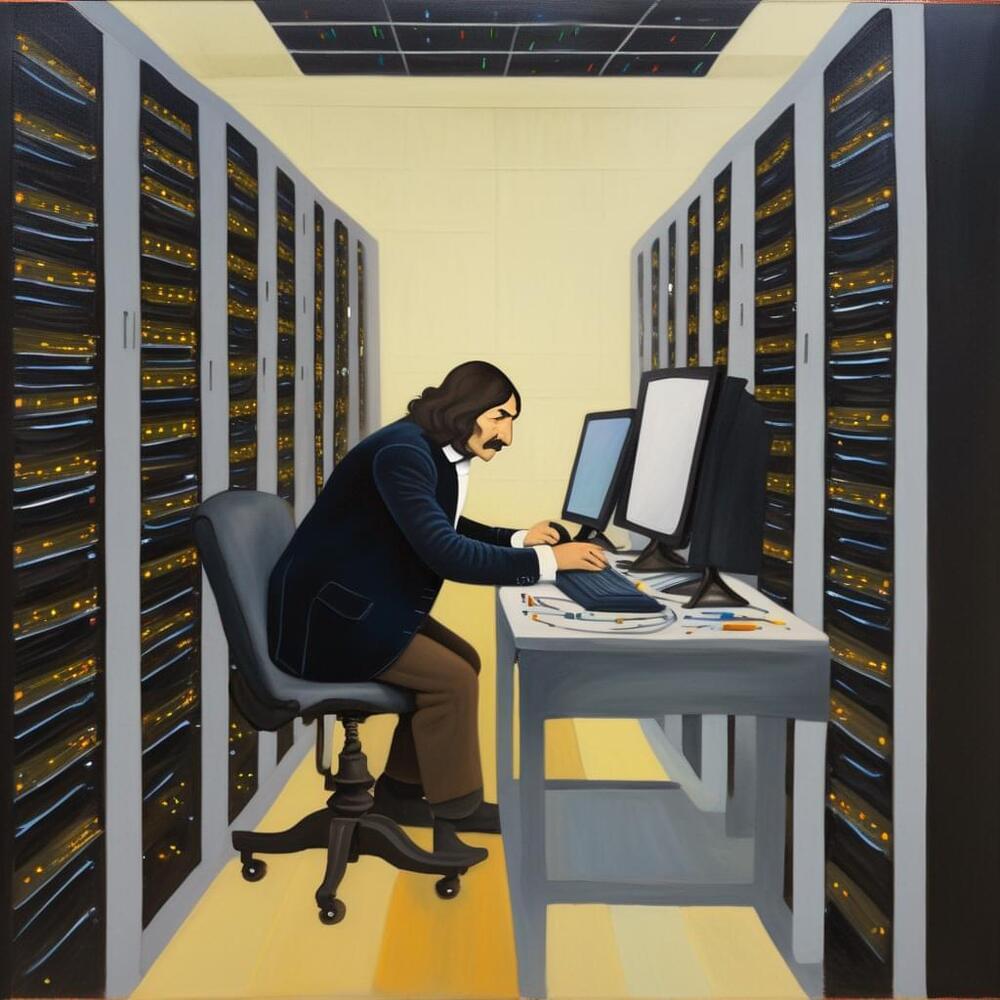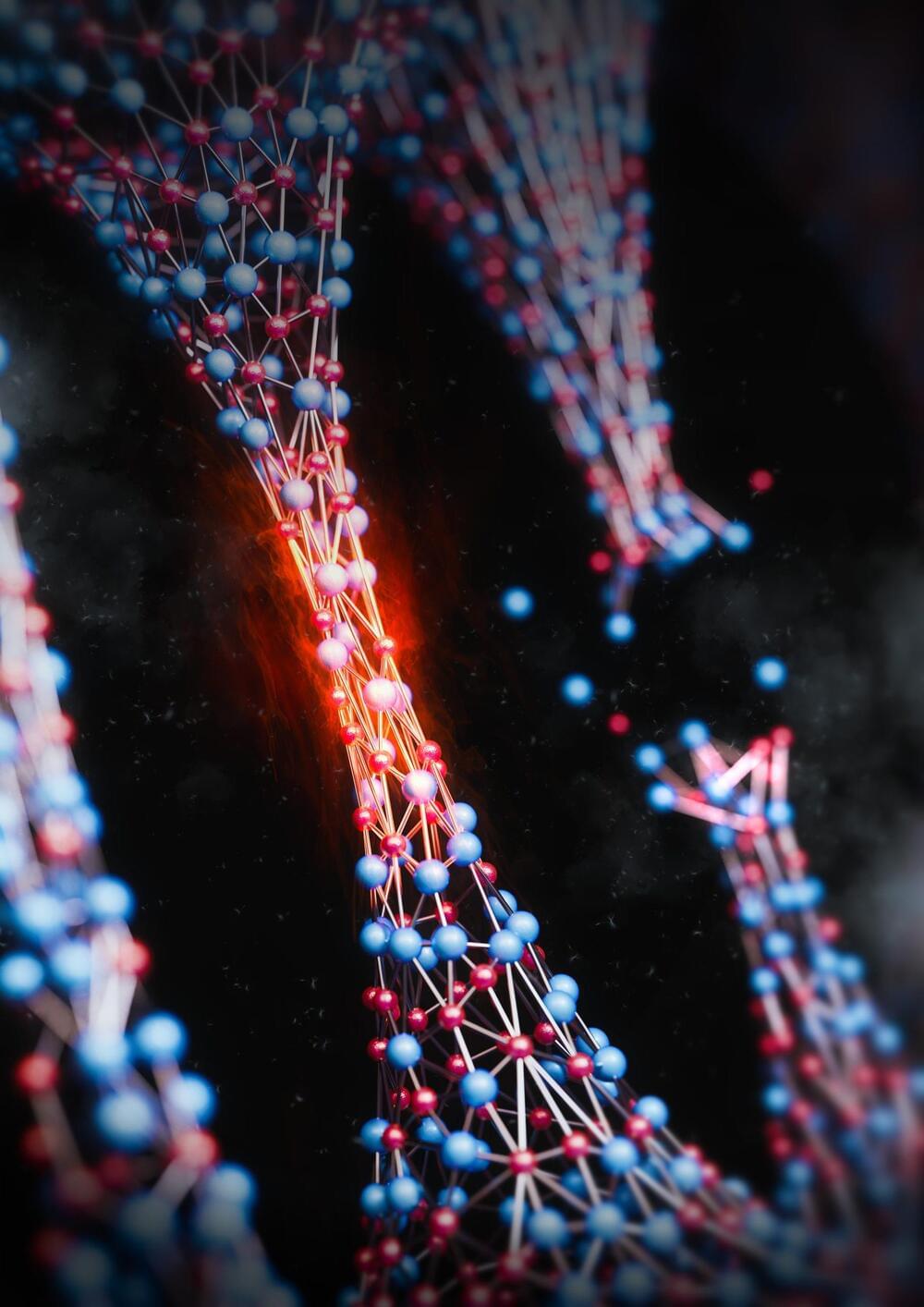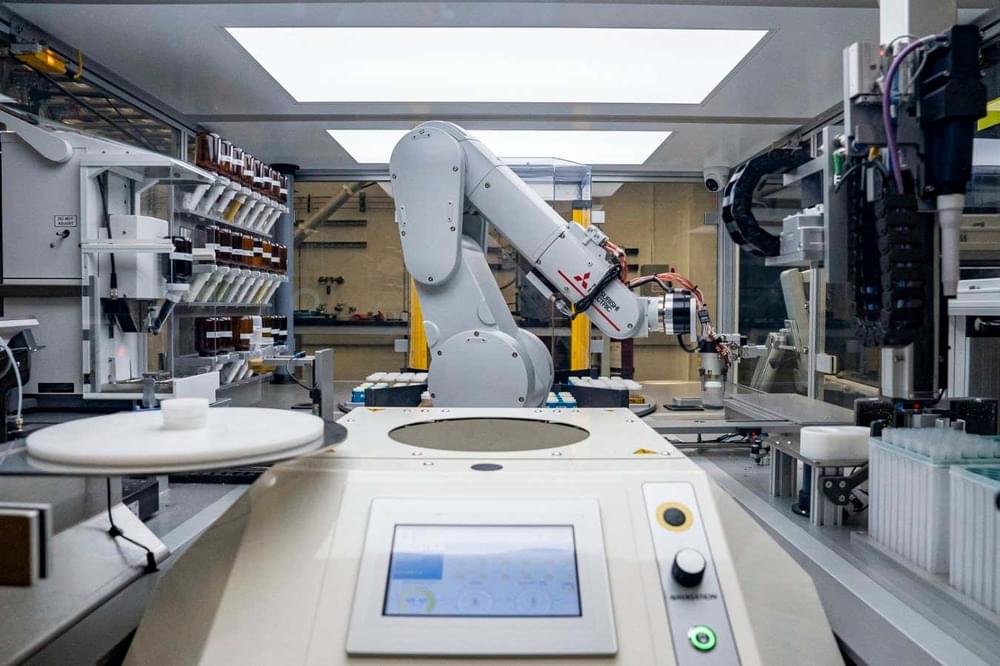The Defense Advanced Research Projects Agency launched a second iteration of its Tools Competition to discover artificial intelligence-enabled technologies that can aid data science and other forms of adult learning.
The agency said Monday that the new program aims to upskill and reskill adults in science, technology, engineering and mathematics and similarly complex areas, preparing them for the 21st century labor landscape.
The opportunity is open to digital learning platform experts, technologists, researchers, students and educators who can propose AI tools that can provide feature tutoring and self-directed learning. The resulting platform may leverage AI or large language models.
